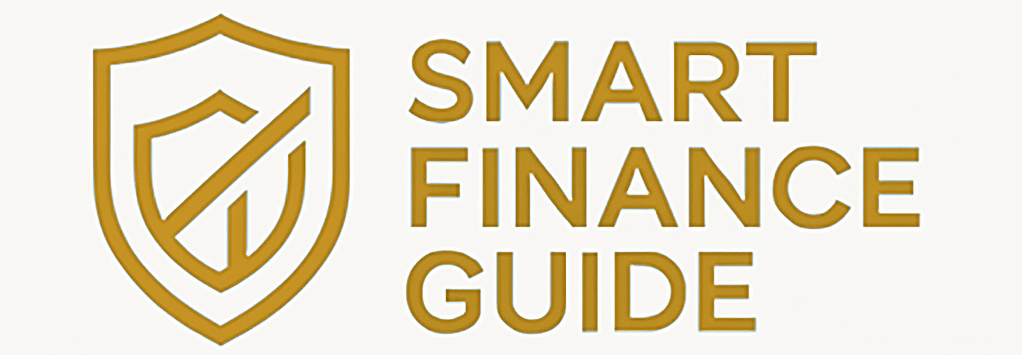What Is Credit and Why It Matters
Credit Score.
Credit is the ability to borrow money or access goods or services with the understanding that you’ll pay later. It plays a fundamental role in your financial life—impacting everything from your ability to buy a car or house, to the interest rates you’ll be offered, and even your employment prospects in some cases.
When you use a credit card, take out a loan, or finance a purchase, you’re using credit. Lenders assess your reliability using various metrics before deciding how much to lend and under what conditions.
Types of Credit You Should Know
Understanding the different types of credit helps you make informed financial choices:
1. Revolving Credit
- Example: credit cards.
- You have a maximum limit and can use and repay funds repeatedly.
2. Installment Credit
- Example: car loans, mortgages, student loans.
- You borrow a set amount and repay in fixed monthly payments.
3. Open Credit
- Example: utilities or cell phone plans.
- You pay the full balance every billing cycle.
How Credit Scores Work
Your credit score is a three-digit number that reflects your creditworthiness. The most commonly used score is the FICO score, ranging from 300 to 850.
Factors That Affect Your Credit Score:
- Payment History (35%) – Do you pay your bills on time?
- Amounts Owed (30%) – What percentage of your available credit are you using?
- Length of Credit History (15%) – How long have you been using credit?
- New Credit (10%) – How often do you apply for new credit?
- Credit Mix (10%) – Do you have different types of credit?
Maintaining a high score can lead to better interest rates, loan approvals, and overall financial health.
Building and Improving Your Credit
If you’re starting with no credit or need to improve your credit standing, here are effective steps:
Start Small
- Open a secured credit card or become an authorized user on someone else’s card.
Pay On Time—Always
- Even one late payment can significantly damage your credit score.
Keep Balances Low
- Aim to use less than 30% of your credit limit.
Check Your Credit Reports
- Request a free annual report from the three major credit bureaus: Equifax, Experian, and TransUnion.
Avoid Too Many Hard Inquiries
- Each time you apply for new credit, a hard inquiry is made which can temporarily lower your score.
See also: Balanced Investment Portfolio Guide: How to Grow Wealth While Managing Risk.
The Role of Credit in Financial Planning
A healthy credit profile opens up many opportunities:
- Homeownership: Qualifying for better mortgage rates.
- Lower Insurance Premiums: In some states, insurers use credit scores in underwriting.
- Job Opportunities: Some employers review credit reports during hiring.
- Business Financing: A strong personal credit score helps secure business loans.
By understanding how credit works and using it responsibly, you can align it with your broader financial goals.

Common Credit Myths Debunked
Let’s clear up some of the confusion around credit:
❌ “Carrying a Balance Helps Your Score”
No—it only accrues interest. Pay in full when possible.
❌ “Checking My Own Credit Hurts It”
Checking your own credit is a soft inquiry and doesn’t impact your score.
❌ “I Only Need One Credit Card”
Having multiple credit cards with low utilization can actually help your credit.
How to Recover from Poor Credit
If your credit is damaged, don’t panic—there’s a path to recovery:
- Create a Budget to avoid overspending.
- Contact Creditors to negotiate payment terms.
- Use a Credit Builder Loan to establish new positive history.
- Work with a Credit Counselor for professional guidance.
With consistent effort, you can rebuild your financial standing over time.
Monitoring Your Credit Health
Ongoing credit monitoring helps protect your identity and track progress:
- Use apps like Credit Karma or Experian.
- Set up alerts for changes in your credit report.
- Be proactive about disputing errors with credit bureaus.
See also: 7 Common Investing Mistakes and How to Avoid Them.
Conclusion: Use Credit to Empower Your Financial Journey
Credit is not just a number—it’s a tool. When understood and managed wisely, credit can work in your favor, opening doors to financial security, wealth-building, and peace of mind.
Whether you’re just starting or looking to recover from past mistakes, the key is to stay informed, stay disciplined, and keep learning.
FAQ – Understanding and Using Credit Wisely.
What is a credit score and why does it matter?
A credit score is a three-digit number that shows how likely you are to repay borrowed money. Lenders use it to determine your loan eligibility and interest rates — higher scores usually mean better financial opportunities.
How is my credit score calculated?
Your score is based on five factors: payment history (35%), credit utilization (30%), length of credit history (15%), credit mix (10%), and new credit inquiries (10%).
How can I start building credit from scratch?
You can build credit by getting a secured credit card, becoming an authorized user on someone else’s card, using a credit-builder loan, or applying for a beginner-friendly student credit card.
What’s the best way to use credit responsibly?
Pay your bills on time, keep your credit utilization below 30%, avoid unnecessary applications, and check your credit reports regularly for errors.
What should I do if I have bad credit?
Start by disputing report errors, using a secured card, paying bills on time, and avoiding high-interest loans. Focus on building good habits slowly to repair your score over time.

